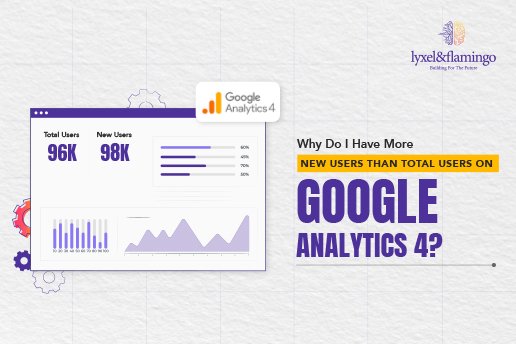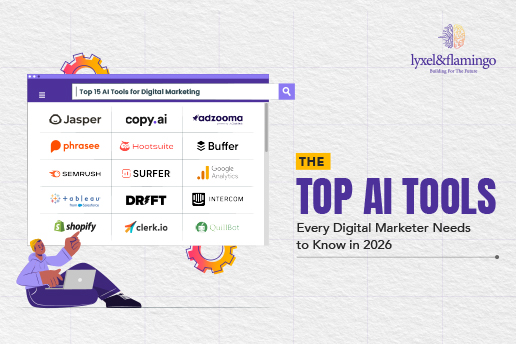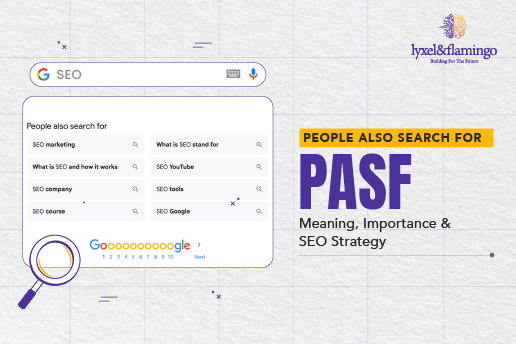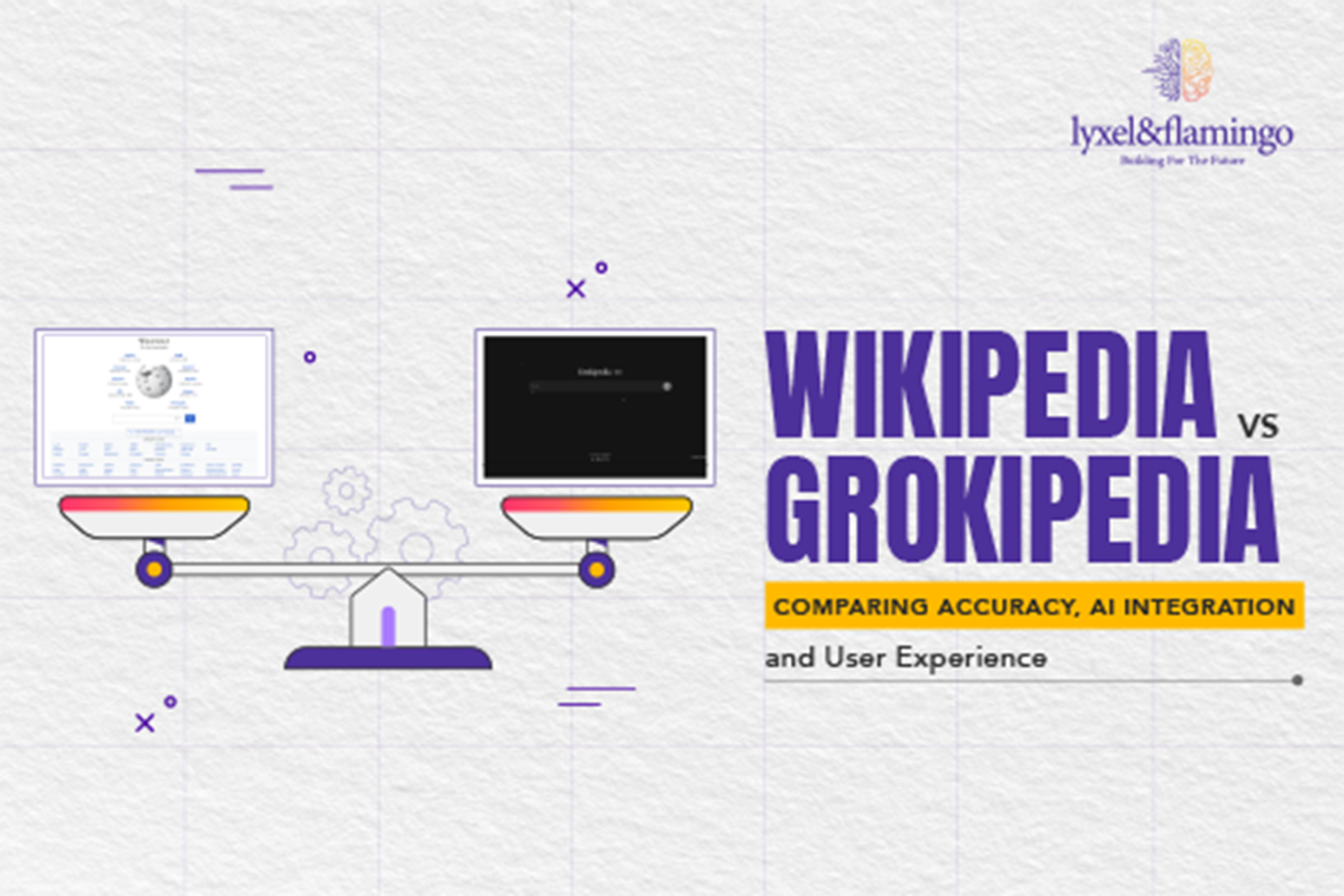Google came to business as a simple search engine back in 1998. Well, that was more than two decades ago. And a lot of things have changed since then.
However, there’s one thing that’s still the same.
If you just concentrate on SEO basics and optimize your website accordingly, you can be pretty successful online.
Obviously, the SEO basics have evolved a lot, and Google has pointed out a lot of aspects that affect your website’s SEO score these days. You can easily be overwhelmed. So, you need to be systematic in your approach and focus on the most important SEO aspects first.
But what are those aspects? What are the most important content optimization tips in SEO that you should be following? How do these aspects affect your SEO score?
Let’s find out!
1. Search Intent:
Google is investing more and more money and effort to improve the machine learning and AI functions of its core search engine algorithm. Because of it, the core algorithms are becoming more and more capable of understanding the search intents.
Google wants to ensure that the search results are perfectly aligned with the users’ search intents. And this makes keyword research and selection key factors.
So, before you choose a set of keyphrases to start the SEO optimization process, you should use these keywords to see how the websites that ranked at the top of the SERPs are using them.
This will give you a lot of information about the majority of Google users’ search intents for that specific set of key phrases.
In short, you need to understand the search intent that is relevant to a keyword before starting SEO optimizing your website.
For example, if Google’s core algorithms decide that people are searching for sports shoes when they use the keyphrase “Adidas,” it will only show different websites selling Adidas sports shoes.
It won’t show Adidas accessories. It won’t show the clothing range Adidas. It won’t even show Adidas shoe review blogs if you don’t specifically use keyphrases like “Adidas Shoe Reviews.”
The point – you must understand the search intent of a keyword to make sure it’s relevant to your website or your services. Only after the search intent aligns with your website’s content or the services can you use that keyword for optimizing your website.
2. Technical SEO:
A solid website architecture is one of the most critical foundations for technical SEO. You just can’t publish a ragtag collection of pages and expect the technical SEO to be top-notch.
But why do we put so much emphasis on technical SEO?
It’s simple, really! Proper technical SEO equals a solid site architecture. This, in turn, makes Google’s algorithms crawl to your pages and index them with ease, making your website’s SEO evaluation faster.
The faster Google index your new pages and their changes, the quicker your website can rank higher in the SERPs for relevant keywords.
So, to ensure that everything is in the right place, your website needs to go through a technical SEO audit. And with many free SEO optimization tools online, you can perform an SEO audit too.
All you need to learn is to understand the data collected by those tools, point out the problems, and take proper measures to fix them.
Some of the crucial things you need to watch out for are status code errors, robot.txt errors, duplicate title tags, duplicate meta descriptions, broken links, XML sitemaps, etc.
3. User Experience:
UX or User Experience of any site would be focused on getting insights into a few aspects, such as the users, their values, needs, and their problems. It keeps the business goals in mind and follows the UX best practices to enhance the quality of user experience.
Here’s a list of some common factors that affect user experience:
- Your website’s content has to be useful to its visitors and satisfy their common needs.
- The elements of the website must evoke the web visitors’ emotions and make them appreciate your brand.
- Your website must be easy to navigate.
- The people who visit your website should be able to find what they need with ease and with a few simple steps.
- The content should be accessible to everyone who visits your website, including the audience with disabilities.
- Your site must seem and be trustworthy.
- The website’s design should provide a solid user experience to the user and increase revenue for the business.
You need to put your website through multiple A/B tests to find out the best ways to improve your web visitors’ user experience.
You can use available SEO and site optimization tools to quantify the results of your A/B tests and take proper action after analyzing the data.
4. Mobile-friendliness:
Google made a mobile-first index the new rule for every site on the internet in 2021. In short, if you don’t want your SEO score to plummet, your website must be mobile-friendly.
Here’s a list of things you can do to optimize your website for mobile:
- Get help from a developer or change your theme so your website and its content can adapt to any kind of device, including computers, smartphones, and tablets.
- Keep your meta title short to make it easier to read on smaller screens.
- Scale your image to adapt to the responsive web design, especially for the mobile screen.
- Avoid pop-ups that cover too much real estate on a mobile screen.
- Never use cloaking. Web visitors and Google should see the same content if you want to improve your SEO score and your website’s rank on the SERPs.
5. Schema:
Schema markups develop rich snippets when you add them to a web page of your site. These rich snippets are a kind of enhanced description that appears in the search engine result pages.
Major search engines like Google and Bing support the use of these snippets. These schema markups allow the search engines to show what the web page is all about, enhancing the search experience.
But even though search engines highly recommend the use of schema, we still don’t have any concrete evidence that it affects a website’s place in SERPs in any way.
Still, if you have time, it doesn’t hurt to add schema to your web pages and do a complete SEO optimization using it.
And if you’re running a WordPress site, you can add schema using just a few simple plugins.
6. Core Web Vitals:
In 2021, Google rolled out the Page Experience Update, which takes a number of new factors to determine your website’s ranking in Google search results. These factors are also known as the core web vitals.
And as the name suggests, it measures a few critical web metrics to make sure that your website is completely healthy and provides a top-notch user experience.
Google says that the foundation of core web vitals is built on page loading speed, visual stability, and interactivity.
You can use Google’s free SEO optimization tools like PageSpeed Insights, Lighthouse, and Search Console to monitor and optimize these web vitals.
7. Content Marketing:
According to a survey, we have created and consumed around 97 zettabytes of data in the year 2022. That’s roughly equal to having nearly 18.7 trillion songs worth of data consumed and created every day in the year 2022.
And it’s projected to see a significant increase in 2023.
Making your website and its content stand out among the huge pile of data is going to be a tough nut to crack. To overcome this challenge, you have to:
- Develop a content hub. And this content hub needs to be created in the form of a resource center.
- Fill this hub with unique, valuable, and entertaining content.
- Write relevant news articles and “spoke” pieces.
- Promote your content, news articles, and other services on social media networks.
- Use images, videos, and other graphical content to convey things better than texts.
- Keep updating your old content with the latest and relevant information.
Use these content marketing methods with proper SEO optimizationto achieve the desired results.
8. Link Building:
Links, especially backlinks, are one of the most important factors that influence your website’s SEO score. But it doesn’t mean Google will let you follow spammy link-building strategies to fool its algorithms.
In fact, after Google’s Penguin 4.0 update, the core search algorithms have learned how to measure the value of each link and backlink to decide your page’s SEO ranking.
Now, the quality of the links matters more in deciding your SEO score than their numbers.
These days, some of the most effective link-building strategies for website SEO optimization are:
- Broken Link Building
- Resource Page Utilization
- Backlink Mining
- Claiming Unlinked Mentions
- Link Reclamation
9. Test and Document Changes:
Optimizing your website for SEO is a long journey. You can’t just one single SEO implementation and forget it later on.
According to a study, less than 50% of all SEO-optimized pages have actually got more organic search traffic. And for 34% of them, the clicks to their websites in Google search result pages have actually decreased.
That’s horrible results, and they can happen to your website too.
So, you must keep testing different aspects of your website using SEO optimization tools and make changes accordingly.
This way, even if something goes wrong during your recent web optimization, you can find out the core problems quickly and take the appropriate measures.

10. Track and Analyze Performance Metrics:
To make sure that your website SEO optimization is working properly, you must measure the following SEO performance metrics or KPIs:
- Content Efficiency
- Accurate Search Visibility
- Average Engagement Time
- Customer Lifetime Value
- Conversion Goals by Percent-based Metrics
- New and Returning Users
- Average Site Visit Duration
- Search Brand Visibility
- Revenue per Thousand
Please note that these performance metrics depend on your actual goal, and all of them might not apply to your website. Still, these SEO optimization metrics can serve as a good starting point to check your optimized website’s performance.
Wrapping It Up
The content on the internet doesn’t have any expiration date.
As long as the information provided by your site is relevant and your website is going through regular SEO optimization, your web pages will keep ranking high in SERPs for relevant search queries.
Still, if you don’t optimize your website following the latest and valid guidelines or use outdated tactics, the results can be disastrous.
Focus on reviewing these ten things we have mentioned in this article to maintain your SEO-optimized website’s good performance. And take appropriate actions if bad situations arrive.









